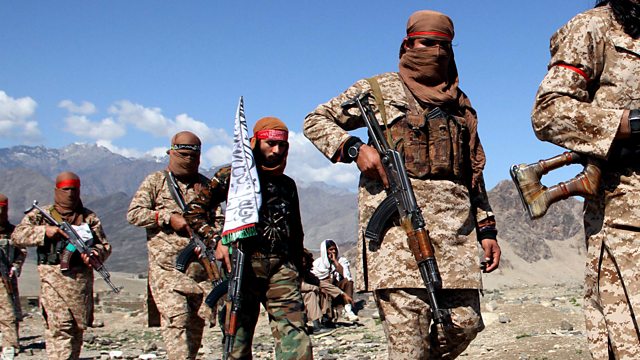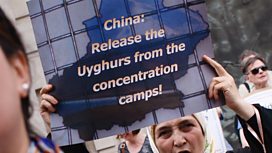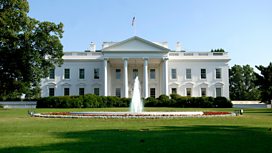Living with the Taliban
Could the Afghan peace talks lead to a return to power for the Taliban? And could the world do business with them if it did, given the memories of its brutal rule in the 1990s?
The war in Afghanistan has just entered its twentieth year. It has come at an enormous cost, most notably to Afghan civilians, but also to Britain. Nearly 500 British military personnel have lost their lives there since 2001. But now, for the first time the Taliban and the elected Afghan government are involved in direct peace negotiations. The talks in Doha, which have been going on since September, follow an agreement reached earlier this year between the US government and the Taliban. Under that agreement the US promised to withdraw its remaining troops within 14 months and the Taliban said it would cut all ties with terrorist groups, including Al Qaeda. The Taliban鈥檚 place at the negotiating table reflects its strength on the ground in Afghanistan as a fighting force; and it implies that it the way is open for a return to government in Kabul. But, given memories of public executions, the exclusion of women from public life, and the banning of music and kite flying, how acceptable will that be to the Afghan people? And how easy will it be for western governments to do business with the Taliban?
David Aaronovitch is joined by:
Lyse Doucet, the 91热爆's Chief International Correspondent
Orzala Neemat, Director of the Afghan Research and Evaluation Unit,
Annie Pforzheimer, a former deputy Head of Mission at the US Embassy in Kabul.
Producers: Tim Mansel, Kirsteen Knight, Sally Abrahams
Editor: Jasper Corbett
Last on
More episodes
![]()
What is happening to the Uighurs in China?
China's treatment of Muslims in Xinjiang, and how the world is responding.
![]()
Belarus: the end of a dictatorship?
What will come of the protests in Belarus and who will determine the country's future?
![]()
The President's In Tray
What are the political and diplomatic priorities for America's next President?
Broadcast
- Thu 10 Dec 2020 20:0091热爆 Radio 4
Podcast
-
![]()
The Briefing Room
David Aaronovitch presents in-depth explainers on big issues in the news.





